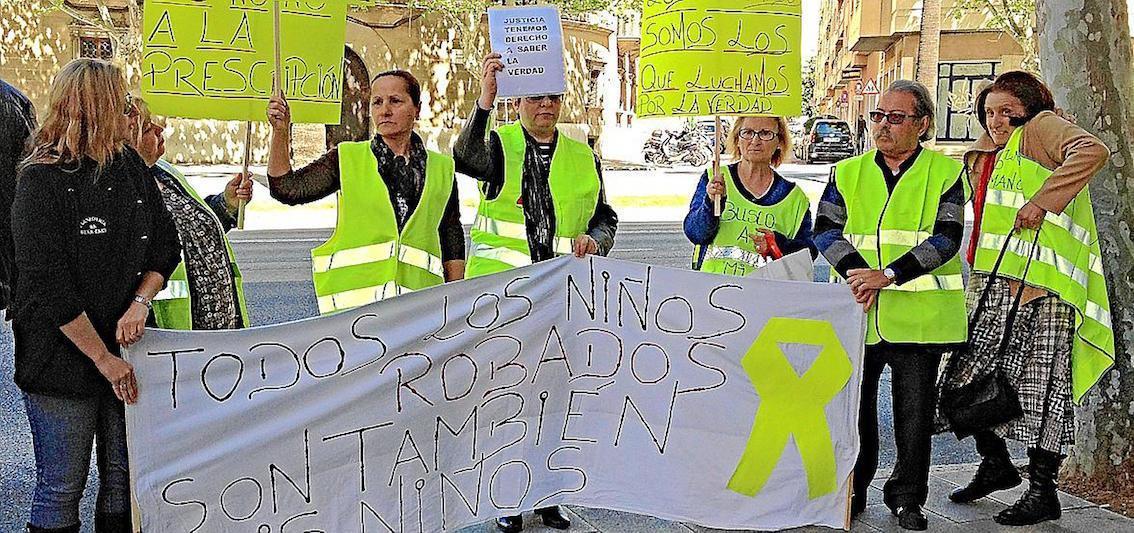Álvaro Ortiz, who's Chief Prosecutor of the Technical Secretariat at the Public Prosecutor's Office has written to María Mercedes Bueno, Spokesperson for the International Forum for Victims of Enforced Child Disappearance Platform "We are looking for you" confirming that he considers it necessary to investigate the allegations.
Several Stolen Babies Associations filed a joint complaint with the Prosecutor's Office on November 19 asking that 58 cases of newborn abductions in several Autonomous Communities between 1952 and 1987 be investigated. Most of the cases had already been reported to other prosecutors or courts, but were unsuccessful.
They denounced crimes of gender violence, alteration of affiliation, the enforced disappearance of children, crimes against humanity, forgery and presumption of childbirth and stressed the violation of women's rights based on International Treaties and Conventions signed by Spain.
In a letter dated January 4, the Prosecutor agreed to “initiate a coordination file for the centralised monitoring of all actions taken and the joint analysis of information to determine the scope and criminal significance of facts set out in the complaint.”
It does so in order to "maintain proper coordination and unify the action of the Public Prosecutor's Office throughout the country", whilst expressing “the special commitment of the Public Prosecutor's Office to respond to all mothers, children and families who suspect that they or their babies were stolen” despite the obvious difficulties of the investigation.
“A complete, effective and efficient investigation is needed,” added Ortiz, who pointed out that the first priority is to find out which allegations have already been investigated by other prosecutors or courts. That will help to determine which cases have not been investigated and should be investigated "without prejudice” and also to decide whether the cases already investigated can be reopened if "new evidence" is discovered.
The complaint reveals possible connections between cases, such as hospitals, medical staff who attended the birth and the religious orders linked to the management of the centre, which "a priori" does not necessarily divulge.
"It is necessary to investigate the specific cases transferred by the complaint individually, to determine their scope and criminal significance..” the Chief Prosecutor stated in his letter.
The decision to investigate the cases has been welcomed by the Victims' Associations.
“We hope that this time a thorough investigation will be carried out,” said Baltasar Garzón International Foundation Director Rodrigo Lledó. "This admission to proceedings is a big step forward for the victims.”
Victims’ Associations estimate that around 300,000 children were stolen from poor families and single mothers during the Franco dictatorship. A network of nuns and doctors allegedly told the mothers that their children had died and gave the newborns to wealthy Franco supporters who were unable to conceive.
In December the Balearic Government announced that it wants to create a 'DNA Bank' to help identify ‘stolen babies' and put them back in touch with their families.
Once the ‘DNA Bank’ is up and running, samples from mothers looking for missing children will be compared with the DNA of those who are convinced they were ‘stolen’.


No comments
To be able to write a comment, you have to be registered and logged in
Currently there are no comments.